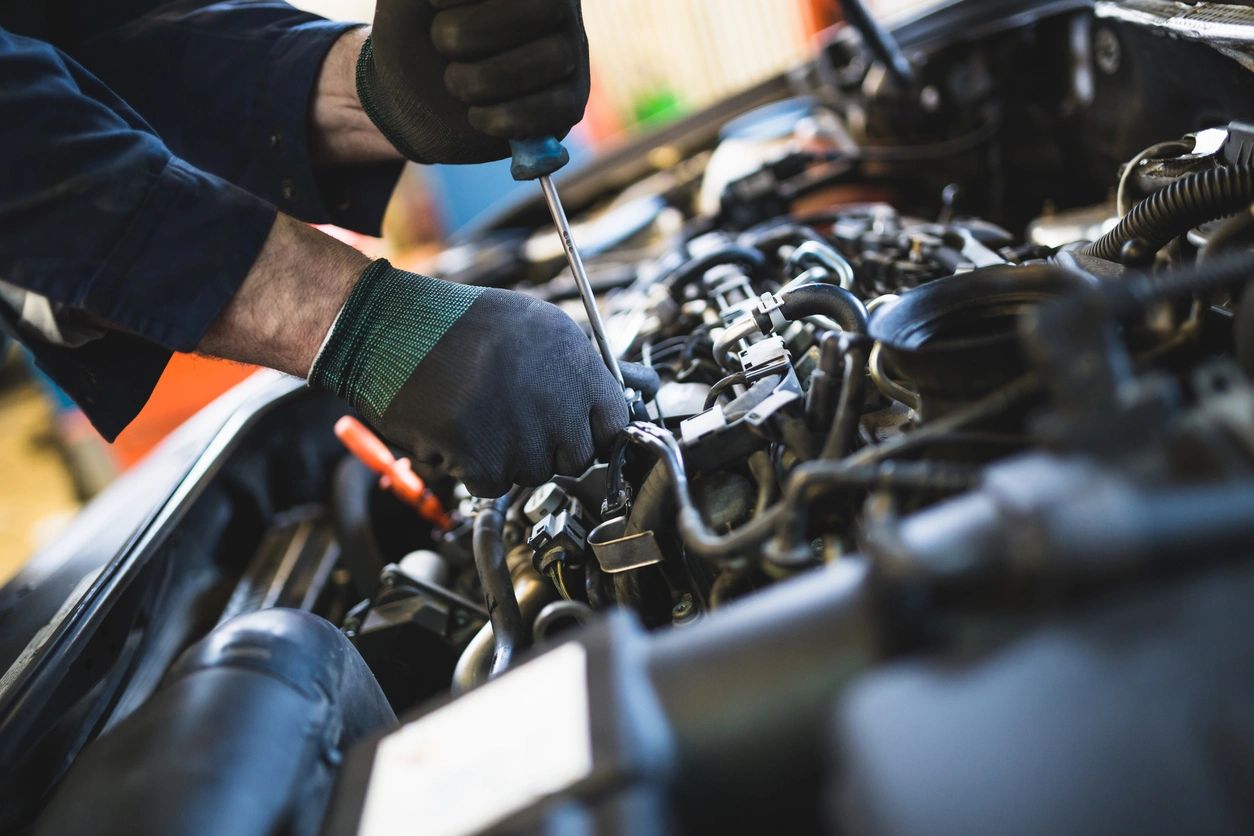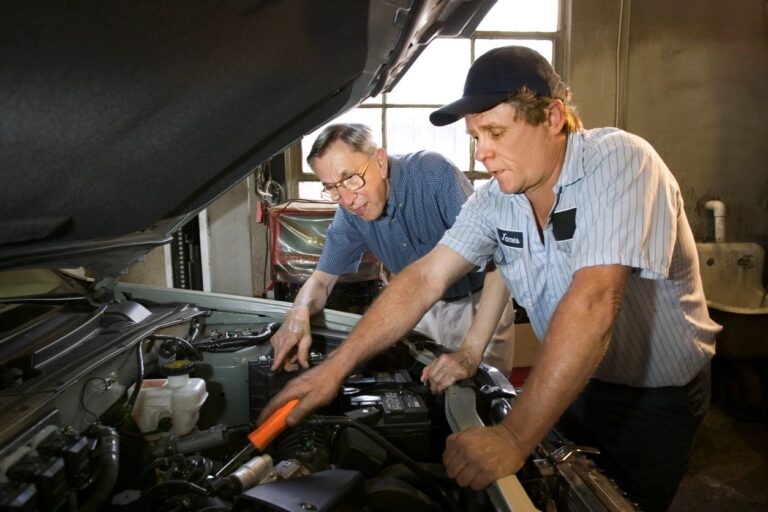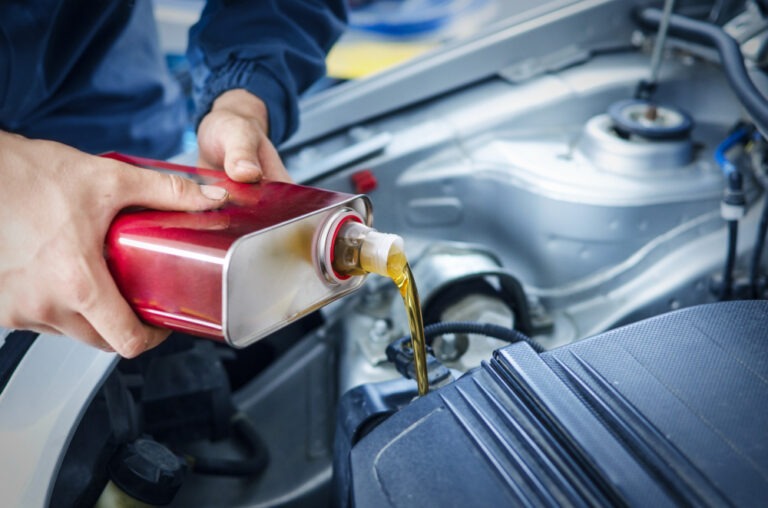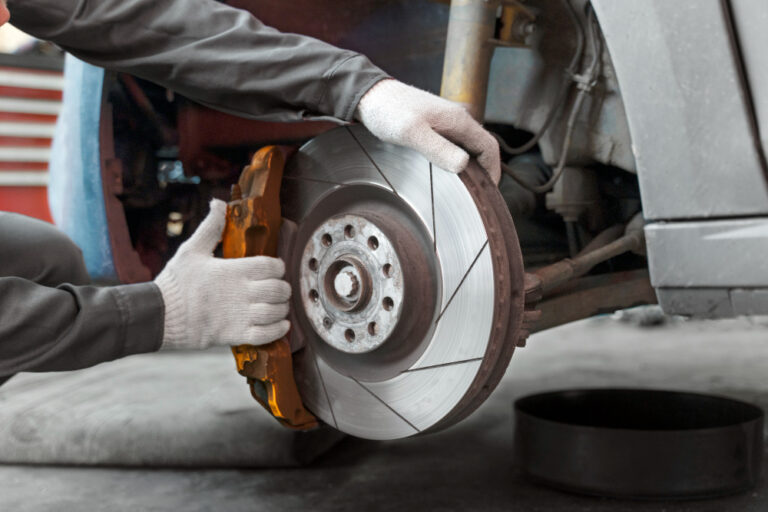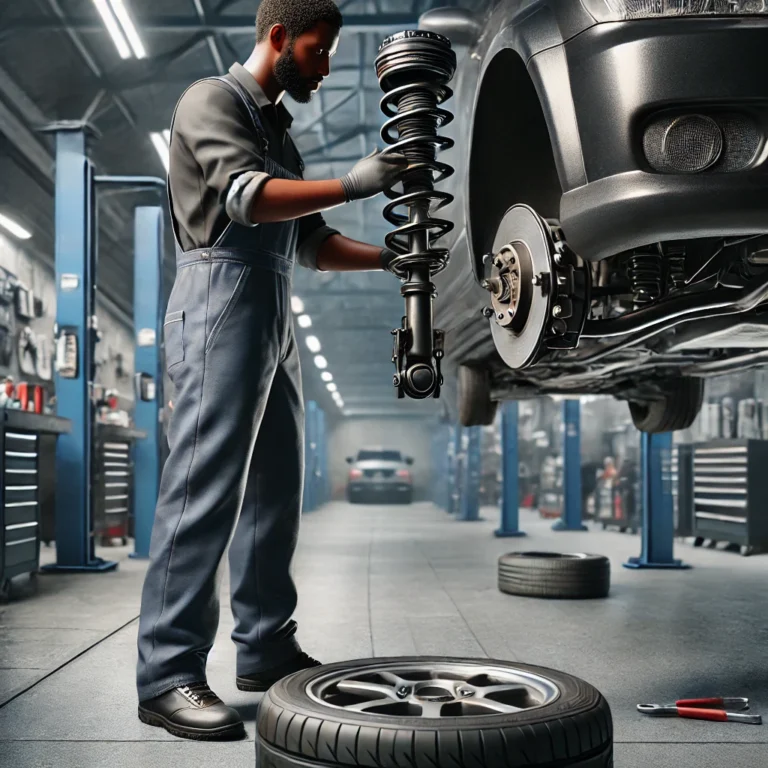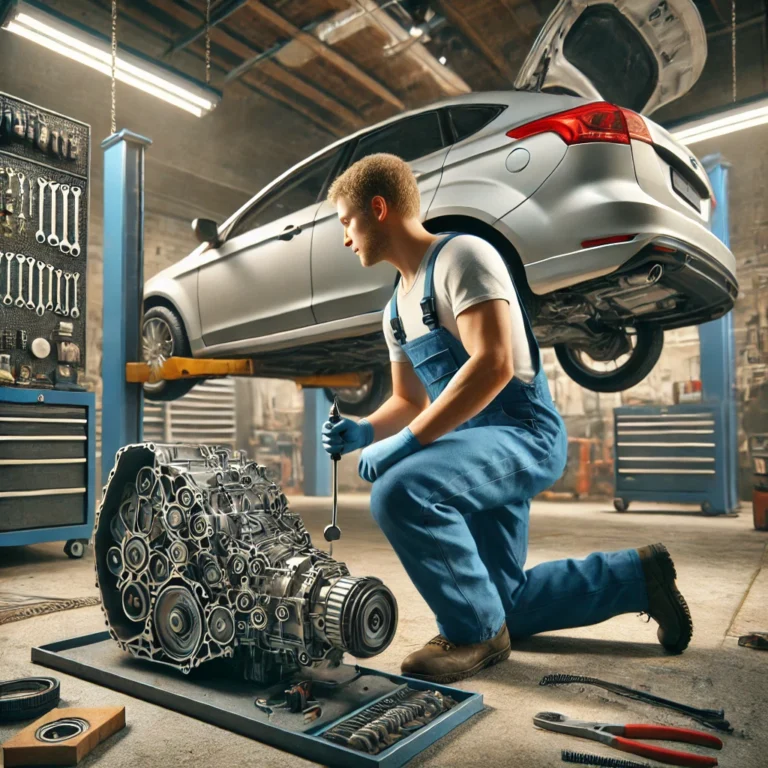Slipping gears, often experienced in automatic transmissions, can significantly impact vehicle performance and safety. Gear slipping occurs when the transmission fails to engage the correct gear, resulting in loss of power, jerky movements, and unpredictable acceleration. Here’s a breakdown of the common causes, warning signs, and potential solutions for gear slipping.
Common Causes of Gear Slipping
- Low or Degraded Transmission Fluid
Transmission fluid is essential for smooth gear shifts, as it lubricates and cools internal components. Low or dirty transmission fluid can lead to insufficient pressure within the transmission, causing gears to slip. Regular checks and maintenance are essential to prevent fluid-related issues. - Worn or Damaged Clutch (Manual Transmissions)
In manual transmissions, a slipping clutch can cause gear slippage. Over time, clutches wear down and lose their ability to hold pressure, leading to a decrease in friction needed for proper gear engagement. - Worn Gears or Transmission Bands (Automatic Transmissions)
Transmission bands help lock gears in place. When these bands wear out, gears may slip, causing the transmission to fall out of or skip gears unexpectedly. This issue is often more common in older vehicles with high mileage. - Faulty Transmission Solenoids
Transmission solenoids are responsible for controlling fluid flow. When a solenoid malfunctions, it can lead to poor fluid circulation, affecting pressure and gear engagement. This is especially common in electronically controlled transmissions. - Torque Converter Issues
The torque converter transfers power from the engine to the transmission. If it becomes damaged or clogged, it can lead to gear slipping, particularly at higher speeds. Symptoms can include hesitation when accelerating and sudden RPM spikes.
Warning Signs of Gear Slipping
- Sudden RPM Increases
An unexpected rise in RPMs, especially without an increase in speed, can indicate slipping gears. This is often accompanied by a feeling of lost power as the transmission struggles to engage the correct gear. - Delayed or Rough Shifting
If the car hesitates or jerks when shifting, it may point to gear slipping. This sensation is more common when shifting from park to drive or from one gear to the next while accelerating. - Burning Smell
A burnt odor can indicate overheating transmission fluid, often due to excessive friction from slipping gears. This issue can worsen over time if not addressed, leading to more extensive damage. - Check Engine Light
Many modern vehicles detect transmission issues early, and a check engine light can signify a slipping gear issue. Diagnostic scans can help pinpoint the exact cause.
Solutions and Maintenance Tips
- Regular Transmission Fluid Maintenance
Changing the transmission fluid according to the manufacturer’s schedule can prevent gear slipping caused by degraded or low fluid levels. It’s also important to use the correct type of fluid, as specified in the owner’s manual. - Transmission Service or Rebuild
If worn bands or gears are causing the slipping, a professional transmission service or rebuild may be necessary. This can involve replacing the damaged components and ensuring that the transmission functions correctly. - Solenoid Replacement
Faulty solenoids can often be replaced independently, improving fluid flow and restoring transmission performance. This is generally a more affordable fix if diagnosed early. - Inspect and Replace Clutch (for Manuals)
In manual transmissions, a slipping clutch will need adjustment or replacement. A new clutch will restore grip and prevent gears from slipping.
Preventing Gear Slipping
- Drive Smoothly: Aggressive driving and abrupt acceleration can strain the transmission over time, leading to wear.
- Avoid Overloading: Excessive weight can put additional pressure on the transmission, increasing the risk of gear slippage.
- Routine Maintenance: Regular transmission inspections and fluid changes help catch minor issues early, preventing more severe damage.
By paying attention to these signs and following proper maintenance, you can prevent slipping gears and maintain smooth transmission performance.

